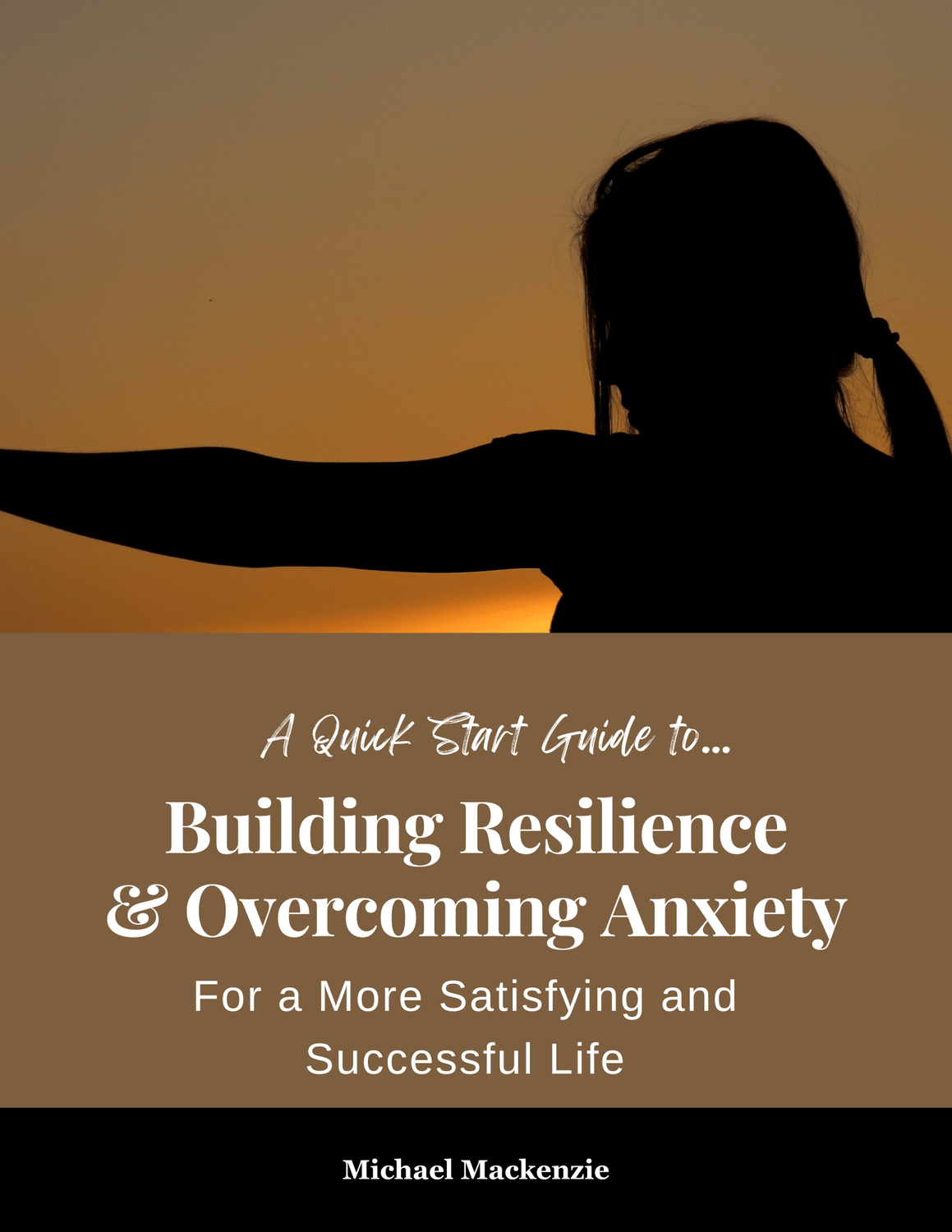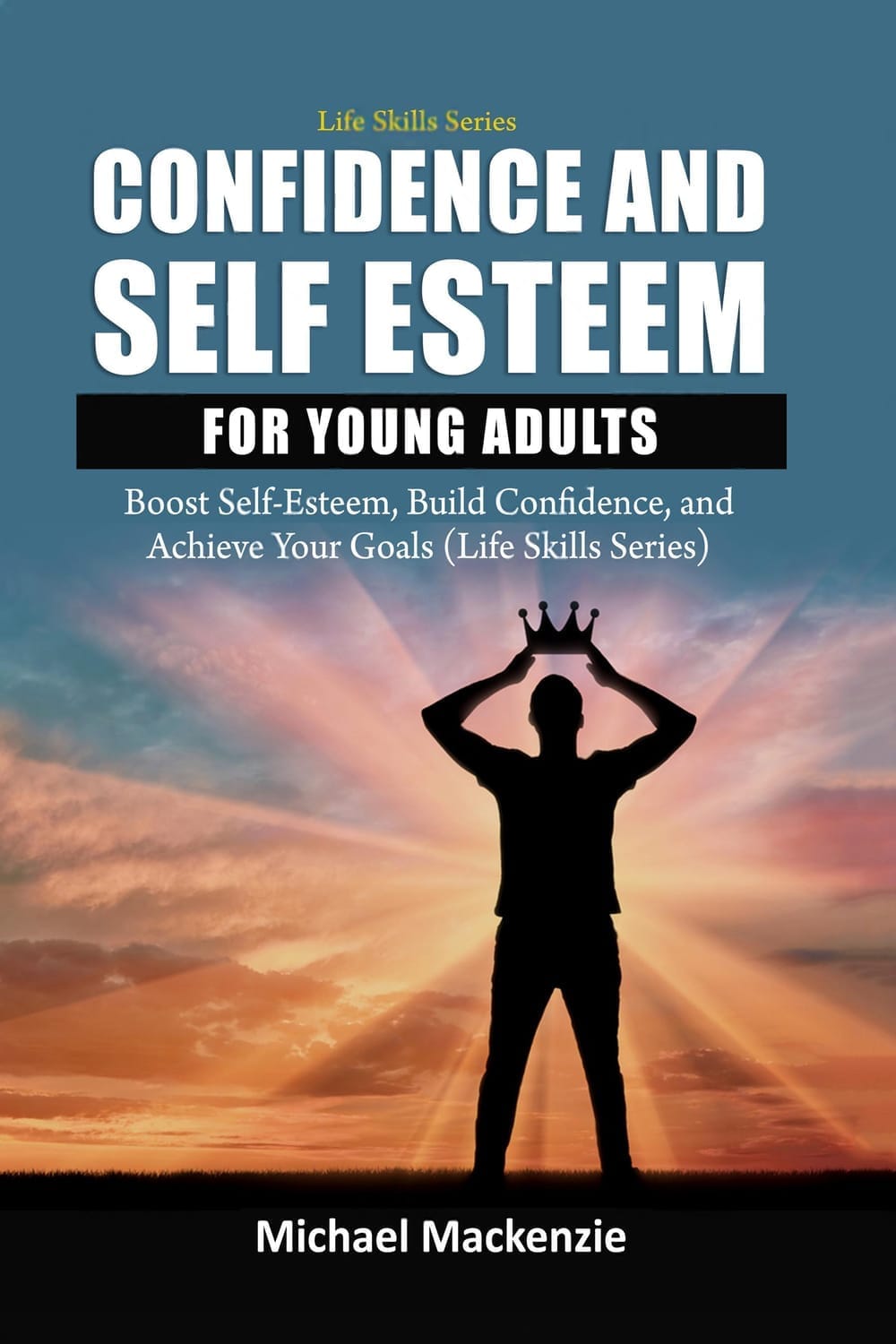Unlocking Sleep’s Hidden Powers for Brain Health
Author: Michael Mackenzie
We all know that getting enough sleep is crucial, but science is revealing there's far more happening during those silent hours than mere rest. Sleep isn't just a nightly shutdown – it's a highly active and essential biological process that directly impacts how our brain functions and how healthy it stays over time.
Sleep’s Role in Memory Consolidation
When we sleep, our brain doesn't just passively rest, it's actively reorganizing and reinforcing memories. During different stages of sleep, particularly deep non-REM sleep and REM sleep, the brain transfers information from short-term to long-term memory storage. This consolidation process is what helps you remember faces, skills, directions, and facts. Without quality sleep, new memories don't solidify effectively, which can lead to forgetfulness or difficulty learning new concepts the next day.
Cleansing the Brain: The Glymphatic System
One of the most remarkable discoveries in neuroscience over the last decade is the glymphatic system, the brain’s waste clearance mechanism that’s significantly more active during sleep. As we drift into slumber, cerebrospinal fluid flows more freely through brain tissue, flushing away waste proteins, including amyloid-beta, which has been linked to Alzheimer's disease. This nightly cleaning session is most effective during deep sleep, suggesting that chronic sleep deprivation may interfere with proper waste disposal and raise the risk of neurodegenerative diseases.
Think of it like a dishwasher for your brain… turning off the lights without a nightly wash cycle means debris piles up. Emerging research even hints that this cleansing process might help reduce brain inflammation and improve clarity and focus. While more work is needed to understand its full implications, it’s becoming increasingly clear that the glymphatic system is a key player in sleep’s neurological superpowers.
Mood, Emotion, and Sleep
Sleep and mood go hand in hand more closely than most people realize. Just one bad night of sleep can leave you feeling irritable, anxious, or emotionally fragile the following day. That’s because sleep helps regulate brain chemicals like serotonin and dopamine, both of which are critical for emotional stability.
Inadequate sleep also impairs the functioning of the amygdala, the part of the brain involved in emotional processing. When overtired, your brain responds more intensely to negative stimuli, making challenges seem bigger than they are. Over time, sleep disruptions have been associated with heightened risks for depression and anxiety disorders, emphasizing that emotional resilience starts with a good night’s rest.
Moreover, consistent sleep helps create the mental stability needed for deep psychological healing. Whether you're managing stress, processing trauma, or simply navigating daily challenges, high-quality sleep provides a much-needed reset that fortifies mental health.
How Much Sleep Does Your Brain Really Need?
While the 'eight hours a night' rule is a useful general guideline, individual needs can vary depending on age, lifestyle, and genetics. Most adults function best with 7 to 9 hours of sleep each night. Importantly, it's not just about the quantity, sleep quality and consistency matter significantly, too.
Establishing a consistent sleep schedule, reducing screen time before bed, and creating a dark, calm sleep environment can all improve your sleep quality. It’s also worth noting that catch-up sleep on weekends doesn’t reverse the cumulative effects of weekday deprivation. Prioritizing regular, restful sleep each night remains your best strategy for preserving long-term brain health.
The science is clear: sleep is not a luxury - it’s a neurological necessity. Behind your closed eyes, sleep powers essential processes that help you think clearly, remember accurately, manage emotions, and stay mentally resilient. By unlocking and respecting sleep’s hidden powers, you can protect your brain today and invest in a healthier cognitive future.
Copyright 2025 by Nextstar Coaching LLC.


